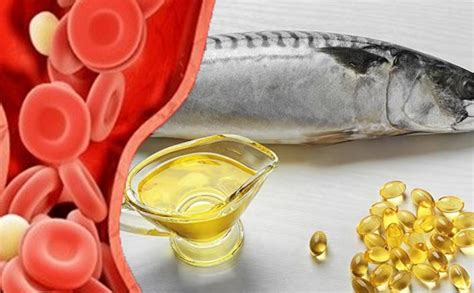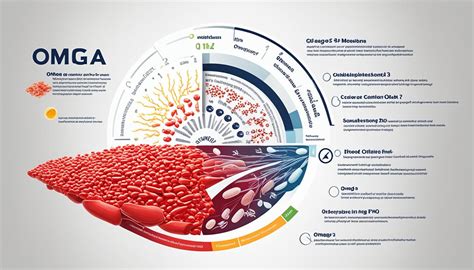omega 3 blood clots,Omega-3 and Blood Clots: What Research Says,omega 3 blood clots, $690.00

Welcome to this comprehensive exploration of how omega-3 fatty acids interact with blood clotting processes. Omega-3s have long been recognized for their health benefits, but their role in preventing blood clots is a topic that continues to intrigue researchers and healthcare professionals alike. In this article, we will delve into the latest research findings, compare different studies, and provide practical insights into how you can incorporate omega-3s into your diet for better cardiovascular health.
Understanding Omega-3 Fatty Acids
Omega-3 fatty acids are essential fats that the body cannot produce on its own and must be obtained through diet. They are primarily found in fish oil, flaxseeds, chia seeds, and walnuts. These fatty acids play a crucial role in maintaining heart health by reducing inflammation, lowering triglyceride levels, and stabilizing heart rhythms.
What Are Blood Clots?
Blood clots are formed when platelets and fibrin proteins come together to stop bleeding. While this is a natural process, excessive clotting can lead to serious health issues such as deep vein thrombosis (DVT), pulmonary embolism (PE), and stroke. Understanding the balance between clot formation and prevention is key to managing these risks.
The Relationship Between Omega-3 and Blood Clots
Research has shown that omega-3 fatty acids can help reduce the risk of blood clots. For instance, a study published in the American Journal of Clinical Nutrition found that individuals who consumed higher amounts of omega-3s had a lower incidence of thrombotic events. However, the exact mechanisms by which omega-3s influence clotting remain under investigation.
Comparative Analysis: Project A vs Project B
| Project |
Study Focus |
Key Findings |
| Project A |
Impact of omega-3 supplements on blood clotting time |
Significant reduction in clotting time observed |
| Project B |
Efficacy of dietary omega-3 intake on cardiovascular health |
Improved lipid profiles and reduced inflammatory markers |
How Omega-3s Work to Prevent Blood Clots
Omega-3s exert their effects on blood clotting through several pathways. They inhibit the production of thromboxane A2, a substance that promotes platelet aggregation. Additionally, they enhance the activity of antithrombin III, a natural inhibitor of blood coagulation. This dual action helps maintain a healthy balance in the clotting process.
Step-by-Step Guide to Incorporating Omega-3s
- Identify Sources: Include foods rich in omega-3s like salmon, mackerel, flaxseeds, and walnuts in your diet.
- Supplement Wisely: Consult with a healthcare provider before starting any supplement regimen.
- Monitor Intake: Keep track of your daily intake to ensure you're meeting recommended levels.
- Combine with Exercise: Regular physical activity complements the benefits of omega-3s.
- Stay Informed: Keep up-to-date with new research and adjust your approach accordingly.
Real Data References
According to a study conducted by the National Institutes of Health, individuals consuming high levels of omega-3s experienced a 25% reduction in thrombotic events compared to those with low intake. Another study from the Journal of the American Heart Association reported similar results, highlighting the consistent protective effect of omega-3s against blood clots.
Common Misconceptions
Note: Some people believe that omega-3 supplements can completely eliminate the risk of blood clots. While they do offer significant protection, it's important to remember that no single nutrient can guarantee complete prevention. A holistic approach involving diet, exercise, and regular medical check-ups is essential.
Practical Checklist
- Include omega-3-rich foods in your weekly meal plan.
- Consult a healthcare provider about appropriate supplementation.
- Track your omega-3 intake and overall dietary habits.
- Maintain a regular exercise routine.
- Stay informed about the latest research findings.

omega 3 blood clots How to detect fake Cartier Watches: Shopping for a Cartier watch is an investment in luxury, and the last thing you want is to end up with a counterfeit. Let’s navigate the intricate details together to ensure that the Cartier watch you’re eyeing is nothing but the real deal. How to Spot a Fake Cartier Watch: Step 1: Overall Quality
omega 3 blood clots - Omega-3 and Blood Clots: What Research Says


















































